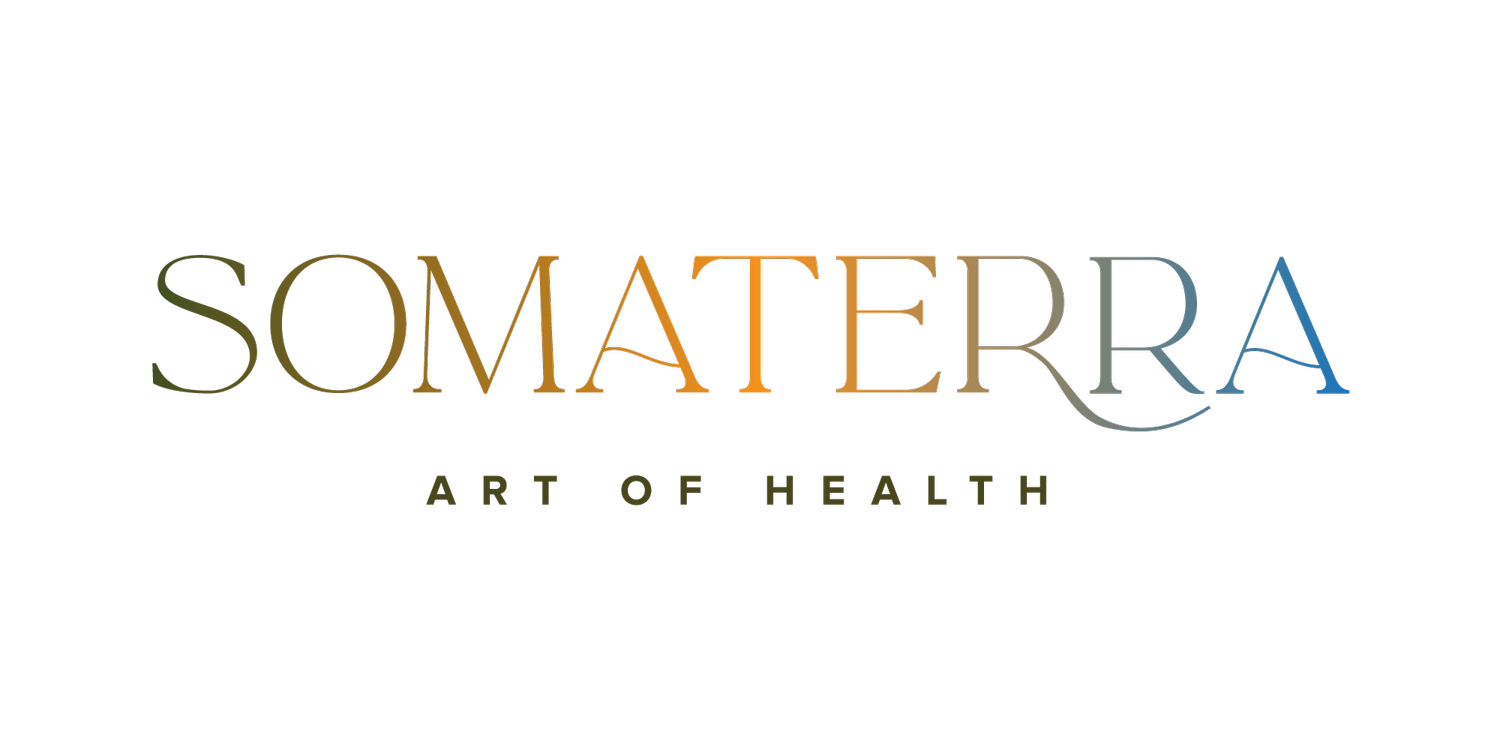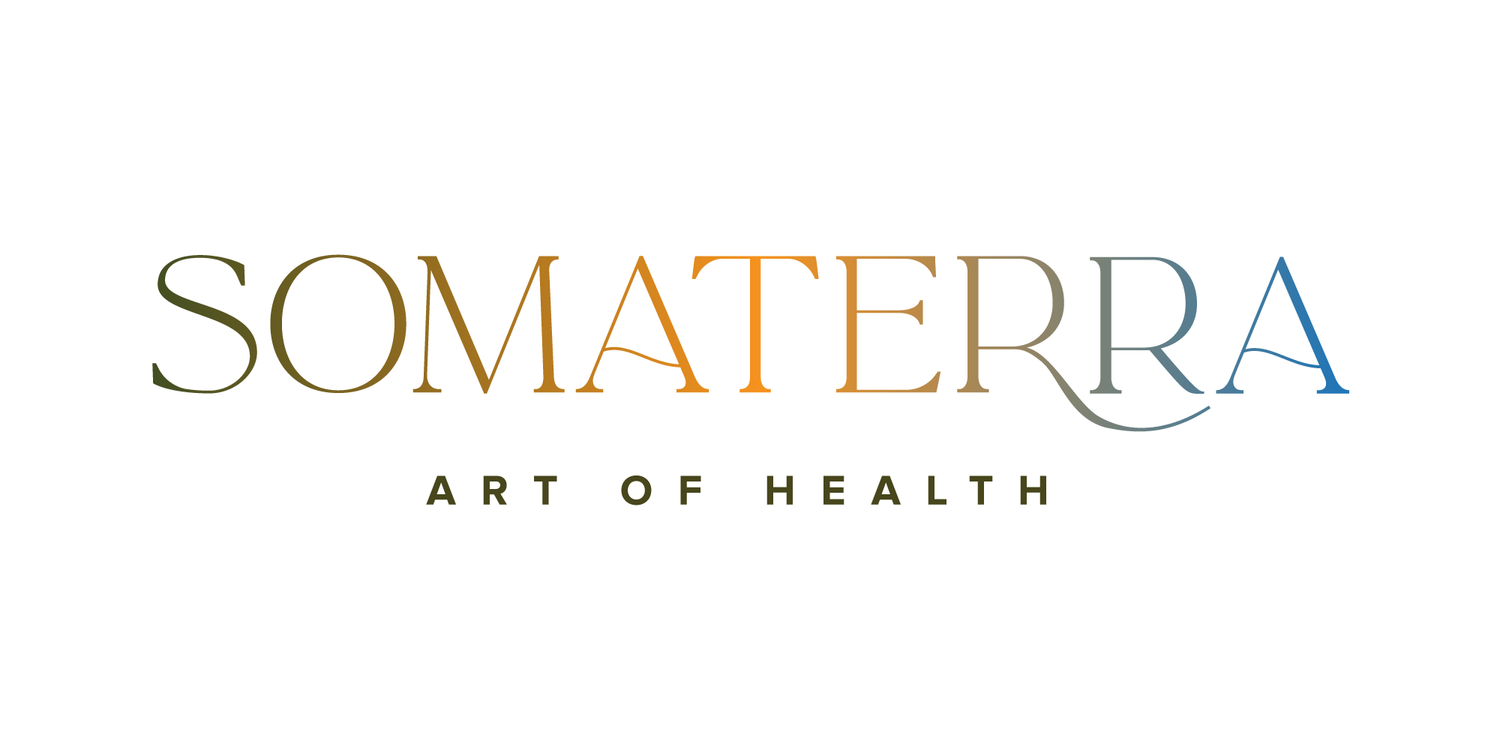Ethical sustainable practice - Yanaroot
Yānaroot strives to maintain high standards when it comes to sustainable practice. This ensures a mutually healthy future for plants, people and the planet.
Chinese Medicine continues to grow in popularity, but the ethical and environmental concerns remain.
The majority of medicines in the Materia Media are derived from plants and only a small number from shells, minerals, and animals. Aside from the demand for endangered animal parts and plants, there is an increased pressure on farmers to keep up with the demand for raw herbs.
Growing Demand is Affecting Quality Production
The demand to produce large quantities of herbs very quickly has affected the quality, cutting corners on best farming practices that consider the future and long-term impacts. Harvesting too early, using unnecessary growing chemicals to enhance produce, or other such practices are not only low on the sustainability scale but also on the health scale.
Sustainable Practices Support Diversity
The benefit to this increased demand is that it has encouraged more farmers to produce a variety of Chinese Herbs, many of whom value the importance of sustainable farming practices. Using traditional farming methods to grow a diverse array of medicines, high quality herbs are produced and in turn have a positive environmental impact.
It is important that Chinese Medicine Practitioners and their produce manufacturers adopt and implement ethical, sustainable, transparent sourcing processes to maintain positive long term health outcomes for people, plants and the planet.
Yānaroot is strongly against the distribution or use of any endangered species of any kind.
Yānaroot is committed to sustainable sourcing and vulnerable population protection.
Yānaroot values the sustainability for people, plants and the planet.
Equally as important to herbal quality standards is the need for awareness in the industry regarding waste products. Packaging waste is one of the most immediate environmental concerns for an Acupuncturist. Single use, disposable needle come with a substantial amount of packaging, much of which can not be recycled or decomposed. Other single use tools such as plum blossom needles without interchangeable heads, or gua sha tools that must be disposed of after use have a detrimental effect on the environment.
So much Acu-Waste in the industry
Less packaging that is more recyclable is the first step. But there are other ways to enhance clinic sustainability. Cleaning products that reduce healthcare associated infection are imperative for the well-being of patients and practitioners while also being as health friendly and non-toxic.
Products that are environmentally friendly ensure health care without harm to people, plants and the planet. There are well known traditional cleaning products that contain harmful ingredients linked to various occupational illnesses. It is necessary that health care workers find strategies to uphold infection protection while also reducing exposure to harmful chemicals found in many common cleaning products used in the industry.
Sustainability is a vital component of Yānaroot's practice
Identifying opportunities and implementing sustainable practices aligned with healthy outcomes for people, plants and the planet supports positive environmental stewardship.

